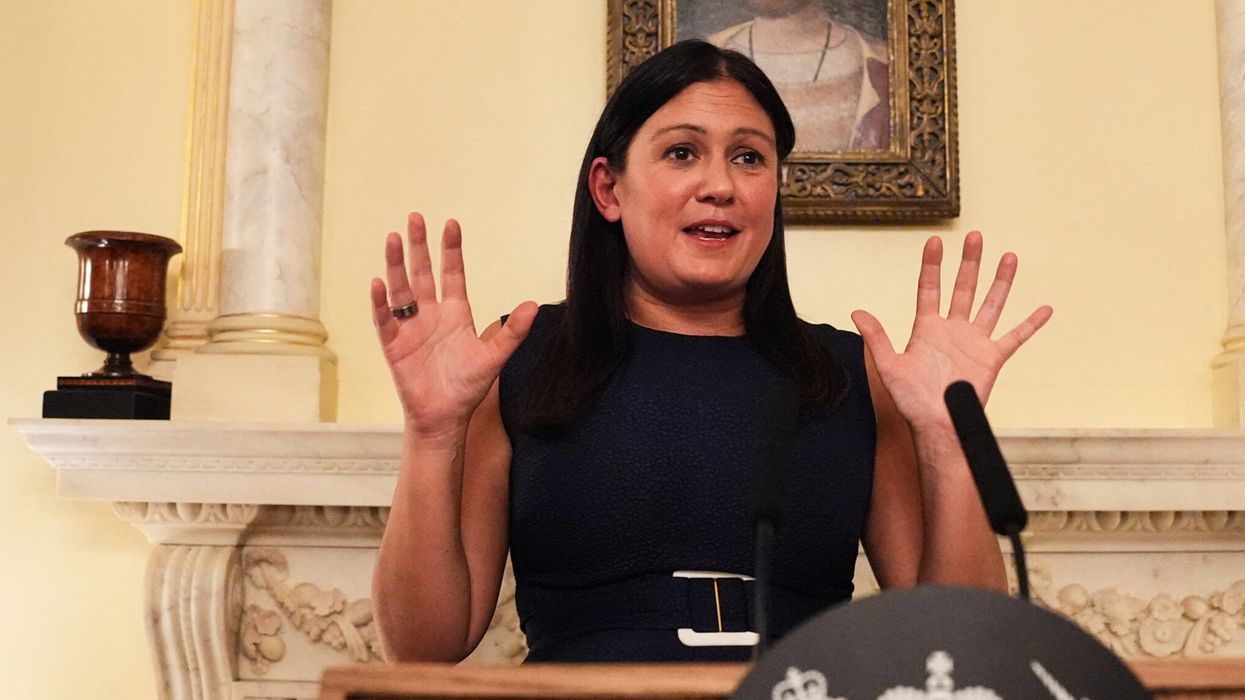LISA NANDY’s Department for Culture, Media and Sport (DCMS) may be scrapped under plans being considered by Downing Street as part of a broader civil service efficiency drive. The move would end 33 years of a standalone department for arts and cultural matters and place Nandy’s Cabinet future in doubt.
The government is exploring reallocating DCMS policy briefs to other departments, which could result in job cuts. Cultural and arts issues may be transferred to the Communities Department, and media matters to the Business Department, The Telegraph has reported. Responsibility for the BBC licence fee remains undecided.
No final decision has been made, but formal advice on the department’s closure had been prepared for prime minister Keir Starmer’s March 13 speech, where he announced plans to abolish NHS England and reduce bureaucracy. The announcement was not made then but The Telegraph understands that there remains interest in taking the move in Number 10. Starmer has pledged to streamline the Civil Service, cut running costs by 15 per cent, and move roles outside London.
DCMS was created by prime minister John Major’s government in 1992 as the Department of National Heritage and helped oversee the launch of the National Lottery. In 2023, the department lost oversight of online safety rules to the newly formed Science, Innovation and Technology Department.
Nandy became culture secretary after Labour’s election win, following the loss of shadow culture secretary Baroness Debbonaire’s seat. Her future, along with ministers Sir Chris Bryant, Stephanie Peacock, and Baroness Twycross, is uncertain if the department is closed.
A Downing Street source told The Telegraph, “It is about a lean and agile state. It is not about individuals or reshuffles.”





